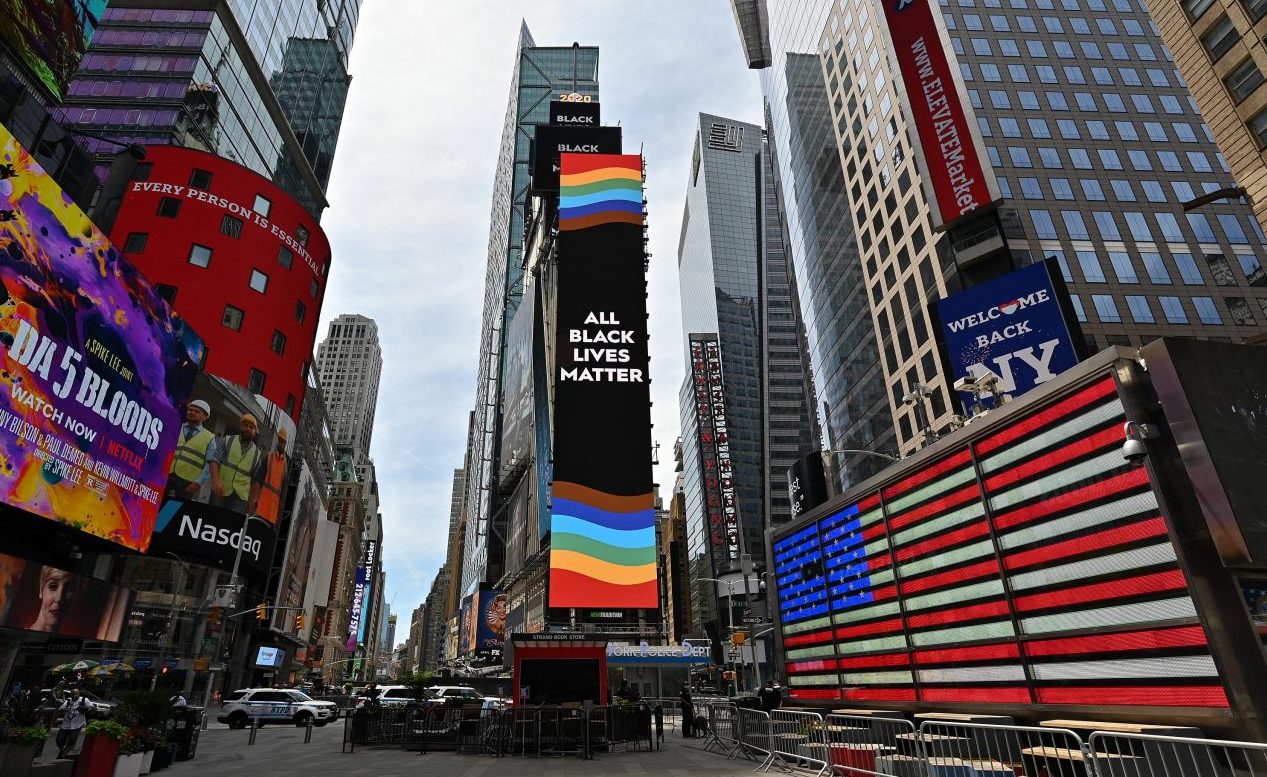[ad_1]
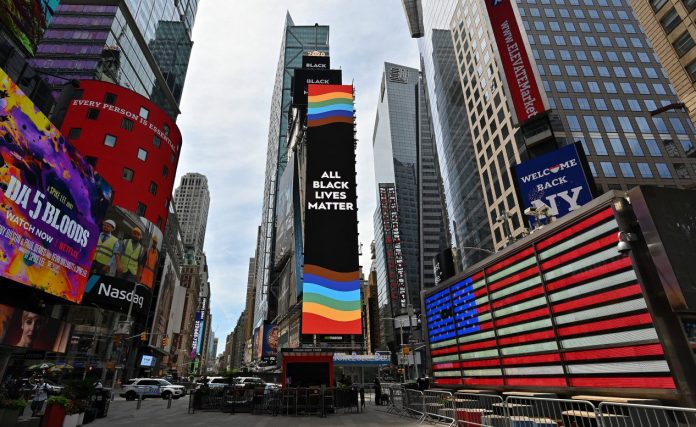
It was February of 2014, I was eighteen years old, I left everything and everyone I knew behind, and I somehow crash-landed in the Bronx. More specifically, Forest Housing Projects. At the time I only had between $600-$800 to my name, but I was confident that I was going to make it work. I just didn’t realize a severe depression would come rushing at me shortly after.
I put a lot of pressure on myself to make it on my own, I was still in the closet about being bisexual, I harbored years of built-up, unresolved trauma, and I had rocky relationships with people — the worst part was I took all of that baggage with me to New York. The place where I thought I would be starting over fresh.
So I thrust myself into work at this Belgian bakery-restaurant, Le Pain Quotidien in East Midtown, Manhattan, and focused on getting acting auditions, after all that’s what I moved to NYC for. Yet, I still found myself unhappy, partially because of financial struggles as at 18, but mainly because I was hiding who I was — who I am from the world.
READ MORE: Billy Porter speaks up for Black LGBTQ: ‘Our lives matter too’
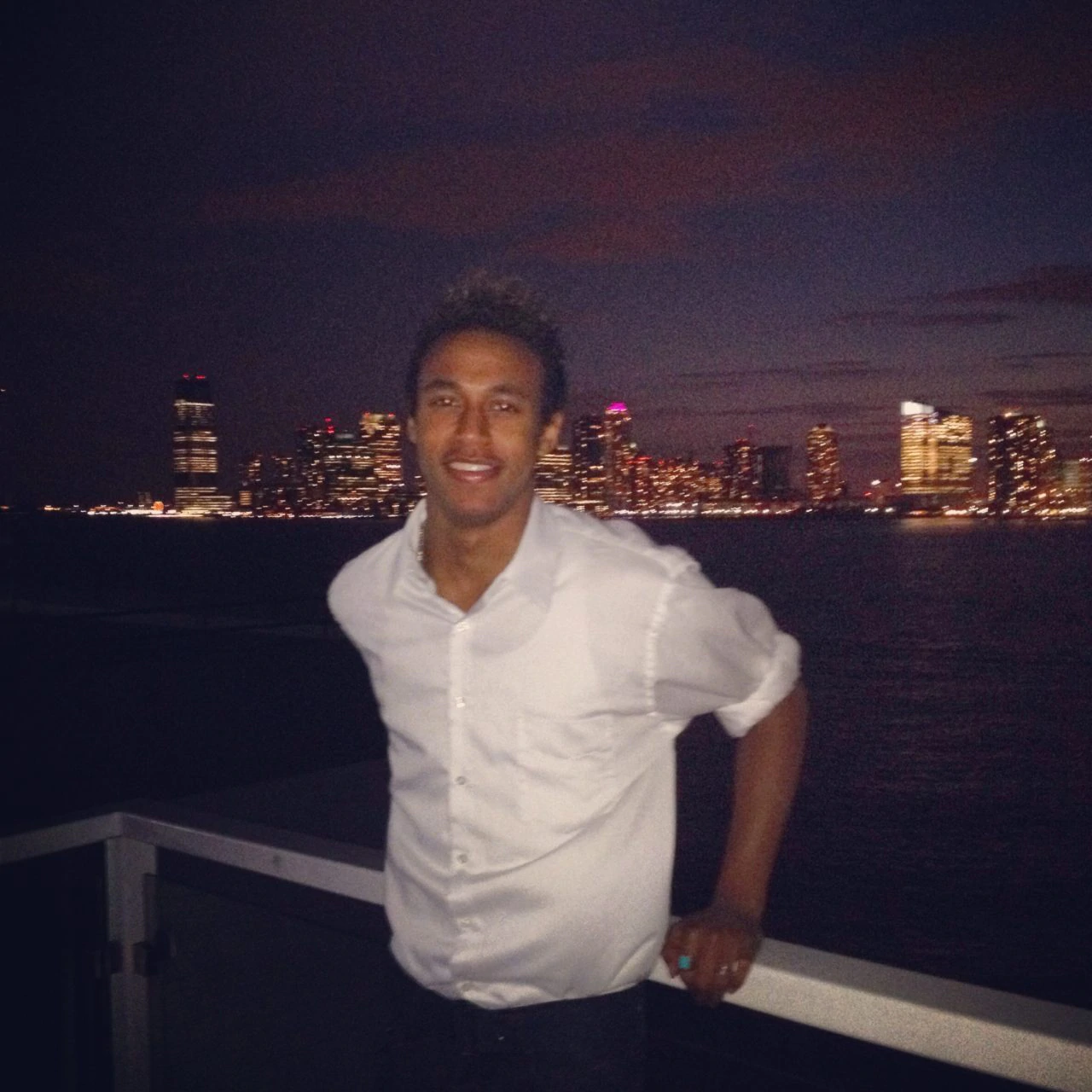
Coming out is a whole process, for some it’s very hard and for others it can be easier, so it’s important to be there for anyone going through this.
For me, I was terrified to admit it to myself that I not only like women, but I like men too. It all felt confusing because the world had told me bisexuality wasn’t real, “it’s a phase” as they say. These biphobic responses made me not only angry with those who despised people like me, but it made me angry with myself and with Allah.
Allah means “the God” in Arabic for those of you who don’t know. As a Muslim, I’ve heard my fair share of intolerance and hatred toward gay people, just like other believers from mainstream religions have also heard. This caused a great deal of distress for me because I love God, but I couldn’t understand why Allah would create me, and millions of other people like me, this way if the result was us going to Jahannam (hell).
Eventually after settling down in the Bronx, I took a trip down to a masjid in East Harlem to seek guidance. After I prayed, I then asked for the Imam. He met with me in private and I confided in him in regards to me being queer. His response was,
“Allah makes no mistakes.”
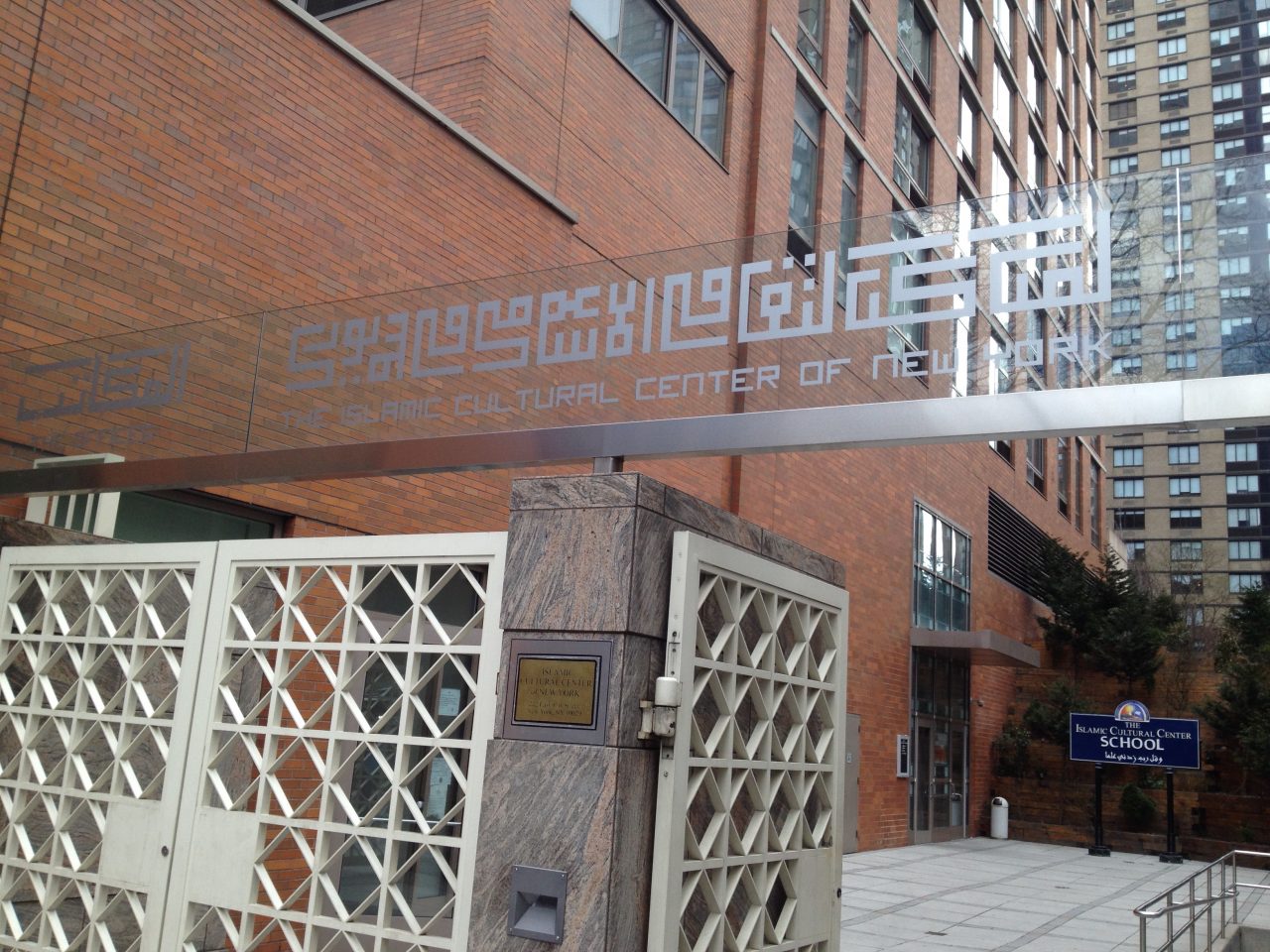
I’m not going to lie, this was refreshing to hear because I was mentally prepared for a homophobic chastisement and a “pray the gay away” kind of speech. The Imam, however, didn’t do that. He told me if that’s who I am, then so be it. Although, he did warn me about being careful of how I moved through the world due to the hatred and violence against the LGBTQ+ community, especially if I settle down with a man.
Ironically, this whole situation felt Godsent. I left the mosque with a huge weight lifted off of my shoulders. It wasn’t until after this trip to the mosque that I realized, people will use God for their own personal vendettas and hate. Hell, white people in the Antebellum South used the Bible as a means to justify the slavery of Black people during the Transatlantic Slave Trade.
The next step in my coming out journey was telling my family.
I mustered up the strength I had carried with me from the masjid and called to tell my parents. First, I called my mother and she told me that she loved me all the same, could care less of who I ended up with, and was happy that I told her.
Then, I called to tell my dad who was still acclimating to life outside of prison, living with my grandmother, and I proclaimed my sexuality to them both. I gave them an ultimatum, which went a little something like: “I’m bisexual. So if you have a problem with that or you don’t love me anymore because of a slither of who I am, then we don’t need to speak anymore.”
I was a bold ass teenager. I’ve toned down some since I’ve gotten older, but back then you couldn’t tell me anything without getting cursed out. I was actually more worried about their responses than my mother’s because I perceived my mother as the least homophobic. Which, looking back on my childhood now, mostly everyone in my family never showed signs of bigotry toward gay people or anyone else in “the community,” so I’m one of the lucky ones.
Anyways, my dad and grandmother had the same sentiments as my mother, I wasn’t disowned, and they loved me just the same. However, my grandmother was a little confused on how being bisexual “worked,” which I’m not going to take the time to explain this to you as I did for a 70-year-old woman. If you don’t understand sexual fluidity and attraction, then tough. My dad did say something though that didn’t sit well with me, which I did check him on.
“I don’t agree with that lifestyle, but I still love you the same, you’re my son,” my dad said.
READ MORE: Remembering my father who died before he could accept his gay son
A word for straight people, please stop saying “lifestyle.” A person’s attraction toward another human being isn’t a lifestyle, ya know, just like being straight isn’t a lifestyle. The sh*t ain’t like picking out an outfit at Macy’s.
The last step was telling my friends. I plastered my coming out all over Facebook and Instagram, in which all of my friends showed a great deal of support, and love. Like I said, I was lucky because not many are afforded this luxury. Many people have lost their lives, friends, jobs, and families over this seemingly simple declaration. Some still do.
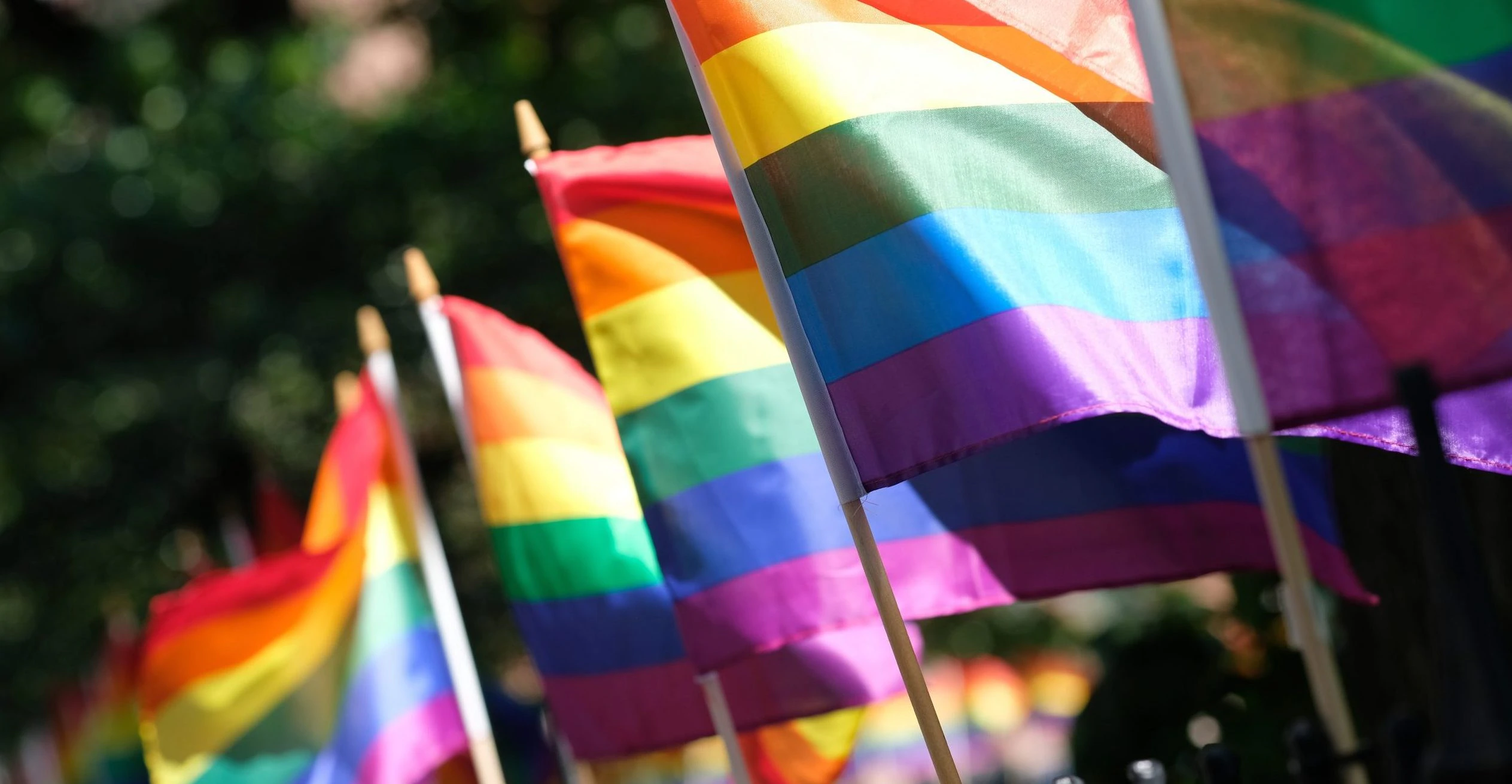
After I had come out, my sexual awakening began. I downloaded Grindr and JACK’d, so I could explore the world of sex. Which I did, with various men between the ages of 18-50, all of different racial/ethnic backgrounds, some out and others on the DL.
Over the years, I’ve discovered what I do and don’t like, sexually. Eventually I slowed down hooking up with people in favor of finding someone I could fall in love with. Tinder was brand new to the scene and so I utilized that, matching with guys, and girls. I went out on a few dates, but I never quite found my match.
In my personal experiences, I’ve always been upfront about my identity with whomever I’m dating, that way they won’t be “surprised” and it protects me from getting in deep with someone who I would hate to have to chin check later for their biphobia or homophobia.
Typically, the fear is that bisexuals will step out of their relationships, which is very much a stereotype. Bisexuality isn’t the reason that that one guy you dated cheated on you with a guy — he’s just a cheater, plain and simple. Straight people cheat on each other all the time. So stop perpetuating this onto my community.
READ MORE: ‘Love is Blind’ star Carlton Morton sparks suicide fears after bisexuality backlash
Most people that I’ve dated were cool with me being bi, while a select few weren’t, even if they didn’t say it — people always have a way of revealing themselves.
When I was younger I felt like I always had to fiercely protect the B in LGBTQ+ due to the overwhelming amount of bisexual erasure exhibited. It’s one of the reasons why I actively don’t attend Pride events. I never really felt welcomed by the community because of the ways people acted toward bisexuals, pansexuals or anyone else who’s fluid. It’s sad to say because we should all be accepting of each other and uplifting one another within the community.
Unfortunately, we are not as unified as the media likes to make it seem. There’s a myriad of issues within the LGBTQ+ community, such as racism, transphobia, femmephobia, classism, sexism, biphobia, ableism etc. All these things need to be talked about and dealt with.
As I’ve gotten older, I don’t feel the need to protect my identity as much anymore. I’ve grown comfortable into my skin and let it be. If a person doesn’t believe me or tries to debate it, I shrug my shoulders and end the conversation. My bisexuality isn’t up for debate, neither is my Blackness, my Latinidad or my Muslimhood.
I am who I am, if you don’t like it I don’t care. I am loud and proud about it.
That’s what Pride signifies for me every June. I don’t need a parade or a party, while I am happy we have those things, I don’t personally need it. I stand tall every day and let it be known who I am, and I don’t always have to say it either.
And if there’s someone out there who’s reading this, feeling as confused and afraid as I once was, I hope you can one day block out the hate, and be proud of your identity, whatever that may be. You are deserving of love and acceptance. Most importantly, you are valid.
“Be bold and brave and queer.” – George M. Johnson
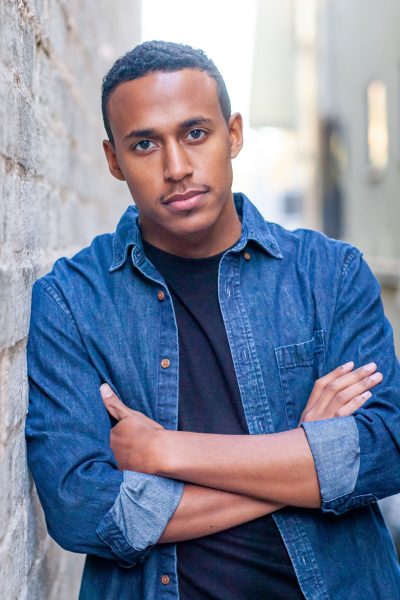 Maalik Evans, is an actor, screenwriter & freelance writer from Washington D.C., who resides in Los Angeles. He writes about the industry, creativity, culture, and personal essays. You can find more of his work on Medium.
Maalik Evans, is an actor, screenwriter & freelance writer from Washington D.C., who resides in Los Angeles. He writes about the industry, creativity, culture, and personal essays. You can find more of his work on Medium.
[ad_2]
Source link

